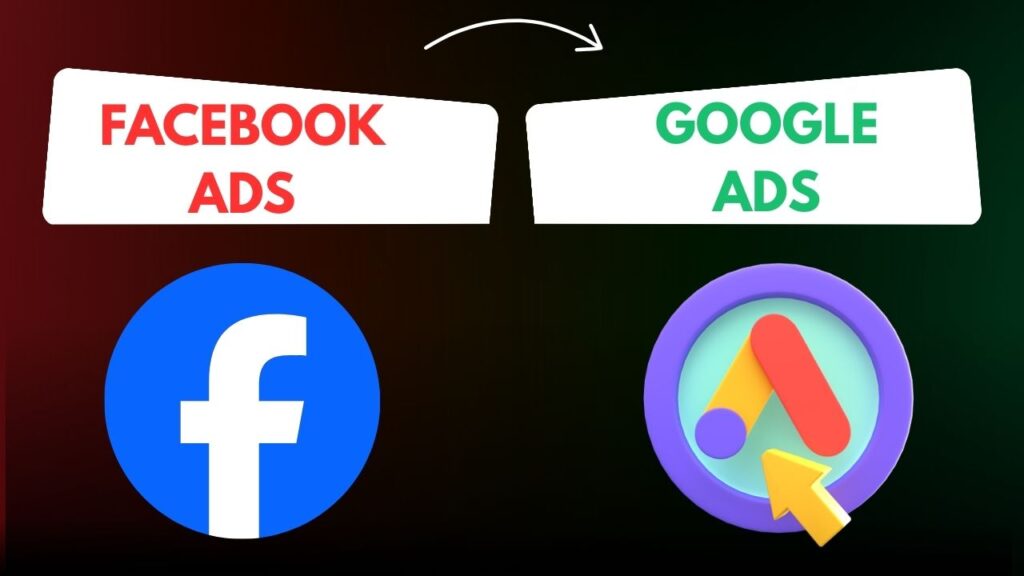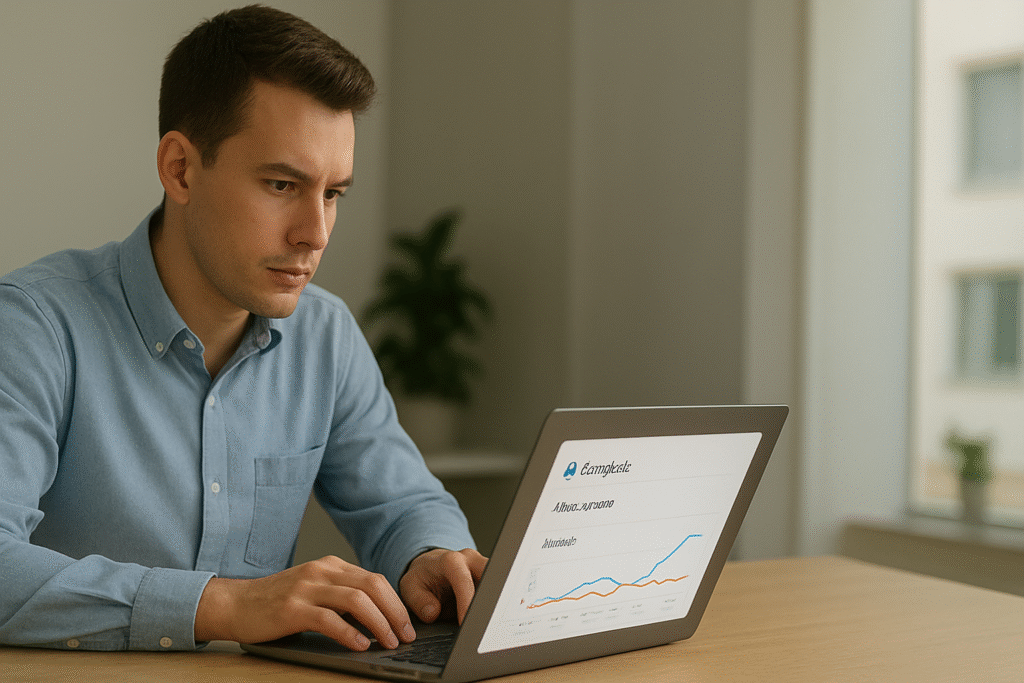Imagine this: You’re broke at the end of the month (classic student life). You only have ₹200 left. You want to eat outside, but you also want to save money for a weekend movie. What do you do? You spend only when it’s really worth it.
That’s exactly how PPC (Pay-Per-Click) works in digital marketing. Businesses spend money only when someone clicks on their ad.
Now, if you’re a digital marketing student, understanding PPC is like learning the ABCs of advertising online. It’s not just another topic, it’s a skill that will get you internships, jobs, and maybe even help you run your own side hustle.
Let’s break it down.

What is PPC?
PPC stands for Pay-Per-Click.
It’s an online advertising model where advertisers pay only when someone clicks on their ad.
-
If nobody clicks → You don’t pay.
-
If people click → You pay (but you also get traffic).
Think of it as paying rent for each person who actually enters your shop, not for those who just walk past it.

Where Do You See PPC Ads?
PPC ads are everywhere, even if you don’t realize it.
Google Search Ads- You search “best phone under 20,000”, and the first few results say “Ad.”
Social Media Ads- Sponsored posts on Facebook, Instagram, or LinkedIn.
YouTube Ads- That video that plays before your favorite reel of stand-up comedy.
Display Ads- Banners you see while reading blogs or news websites.

Why is PPC Important for Students?
Career Booster- Every company, from startups to giants like Amazon, uses PPC.
In-Demand Skill- Agencies and brands hire freshers with PPC knowledge.
Instant Results- Unlike SEO, which takes months, PPC brings results in days.
Entrepreneur Edge- Want to promote your own startup café or YouTube channel? PPC can give you a quick push.
How PPC Actually Works (Without Boring Jargon)
Here’s the behind-the-scenes of PPC:
Advertiser chooses keywords (like “MBA courses in Delhi”).
Bidding happens- Multiple advertisers want the same keyword. They bid, like an auction.
Google or Facebook decides whose ad shows based on bid + quality.
User searches/clicks → Advertiser pays.
It’s not just money; ad quality matters too. A smart student can beat a rich brand by writing better ads.
Key PPC Terms You Must Know
If you want to sound like a pro in class (and in interviews), learn these:
CPC (Cost Per Click): How much you pay when someone clicks.
CTR (Click-Through Rate): How many people saw your ad vs. clicked it.
Quality Score: Google’s rating of your ad (relevance + landing page quality).
Conversion: When a click turns into action (purchase, sign-up, download).
Ad Rank: Where your ad appears on the page (top or bottom).

Example: Café PPC Campaign
Let’s say a café near your college wants more students to try its coffee.
Keyword: “Best café near me”
Budget: ₹500 per day
Ad copy: “50% off on your first cappuccino | Near XYZ College”
Result: 100 clicks → 20 students show up → 10 become loyal customers.
That’s PPC in action. Spend money, get traffic, turn it into business.

PPC Platforms You Should Learn
Google Ads- King of search-based ads. Best for lead generation.
Facebook & Instagram Ads- Great for branding, visuals, and targeting youth.
LinkedIn Ads- Perfect for B2B and professional services.
YouTube Ads- Best for video campaigns.
As a student, start with Google Ads + Facebook Ads. These two alone can make you job-ready.
PPC Do’s and Don’ts for Students








Mini Case Study: Anjali’s Freelance Hustle
Anjali, a BBA student, learned PPC basics. She ran Facebook ads for her cousin’s online bakery.
Budget: ₹1,000
Ad Copy: “Fresh Cupcakes Delivered in 30 Minutes | Order Now”
Result: 50 orders in a week, profit covered ad spend.
She added this project to her resume, got noticed in interviews, and landed a digital marketing internship.
Lesson? Even a small PPC project can give you big career wins.

How Students Can Start Practicing PPC (Free or Low Cost)
Google Ads Skillshop – Free certification directly from Google.
Facebook Blueprint – Free training on Meta ads.
Practice with ₹200/day budget – Treat it as “chai-samosa money” for your learning.
Internships & College Projects – Offer PPC help to fests, clubs, or local businesses.
Quick Recap
PPC = Pay only when people click.
Platforms: Google, Facebook, Instagram, LinkedIn, YouTube.
Skills you’ll learn: Keywords, targeting, ad writing, and analytics.
Benefits: Fast results, career growth and freelancing opportunities.
For digital marketing students, PPC is not just theory- it’s a career superpower
Final Thoughts
Think of PPC as your fast-track ticket in digital marketing. While SEO is like preparing for semester exams (slow, steady, long-term), PPC is like scoring with an open-book test—you see quick results if you know how to use the rules.
So, don’t just be a student who clicks ads while scrolling Instagram. Be the student who creates those ads. That’s where the money, respect, and career growth lie.
Remember: Clicks cost money, but knowledge of PPC can earn you a fortune.

